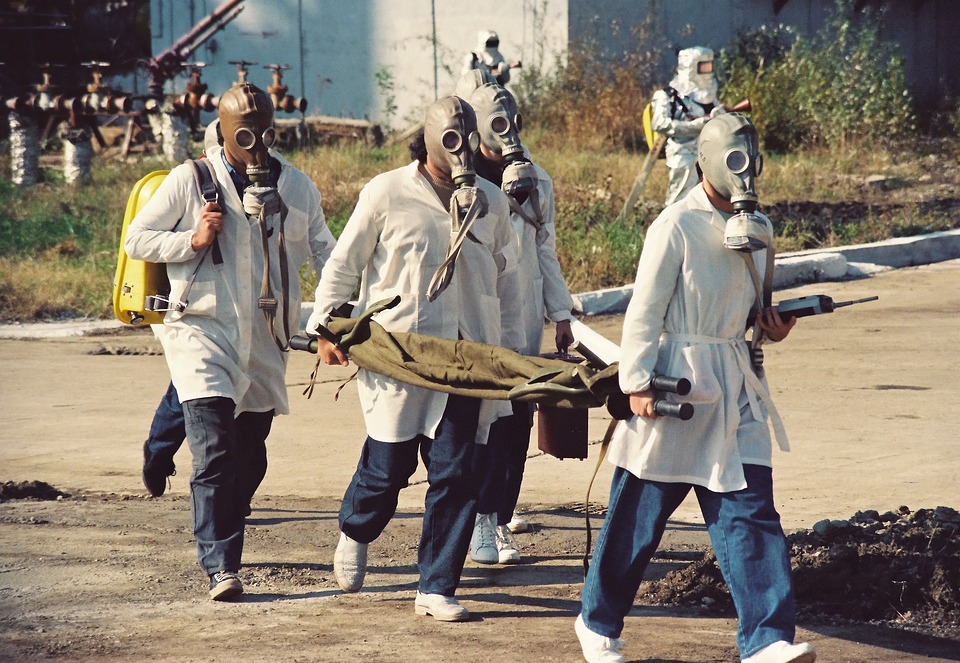In recent years, the proliferation of multiplayer simulation games has evolved far beyond mere digital entertainment; these platforms are reshaping social interactions, community building, and even the very definition of friendship. As players immerse themselves in vast digital worlds—be it farming simulators, urban planning, or life simulation games—they are not just engaging in solo play. They are forming intricate social networks that transcend geographical boundaries, redefine collaboration, and foster meaningful connections.
The Rise of Multiplayer Simulation Games
Multiplayer simulation games have gained immense popularity, driven by advances in technology and the increasing accessibility of high-speed internet. Titles like "The Sims," "Animal Crossing," "Stardew Valley," and "Minecraft" all offer players the chance to immerse themselves in diverse environments, with the added benefit of cohabiting these worlds with others. The social dynamics in these settings differ dramatically from traditional single-player games, encouraging players to interact, collaborate, and sometimes engage in conflict.
Community Building Through Collaboration
One of the most significant changes brought by multiplayer simulation games is the shift towards collaborative gameplay. Tasks that previously required solitary effort can now be completed more efficiently through teamwork. For example, in "Minecraft," players work together to build sprawling cityscapes and intricate structures, sharing resources and skills to enhance their collective experience. Furthermore, this collaboration often extends beyond the confines of the game.
Online forums, social media groups, and dedicated Discord channels allow players to communicate, share strategies, and even organize in-game events. These interactions foster strong community bonds, leading to friendships that can last long after the game has been turned off. The sense of belonging to a community is heightened by shared experiences, goals, and challenges, creating an environment where players can support one another.
Fostering Empathy and Understanding
Multiplayer simulation games often place players in scenarios that require empathy and understanding. For example, life simulation games ask players to navigate complex social situations and make decisions that affect their characters’ lives. This experience can encourage players to reflect on their own interactions in the real world, promoting emotional intelligence and understanding.
Through role-playing in diverse character settings, players are exposed to perspectives they might not encounter in their everyday lives. They learn to appreciate the challenges faced by different characters—whether fictional or inspired by real people—and this can lead to a more compassionate outlook. Multiplayer environments provide a space for players to discuss and process these experiences, broadening their social horizons.
The Role of Inclusivity and Diversity
Multiplayer simulation games also serve as platforms for inclusivity and diversity. Many games allow players to create characters that reflect a wide range of identities, experiences, and cultures. This representation encourages acceptance and creates a welcoming environment for players of various backgrounds. Communities that embrace this diversity often see increased engagement and support, as players feel seen and valued.
Furthermore, these games can serve as safe spaces for marginalized groups, providing individuals with a sense of belonging where they may feel alienated in their physical environments. The shared experience of gameplay cultivates a culture of acceptance, where differences are celebrated rather than stigmatized.
Challenges and Conflicts
However, it’s essential to recognize that the dynamics of multiplayer simulation games are not without challenges. Conflicts do arise, whether stemming from competition for resources, differences in playstyles, or miscommunication among players. In some instances, toxicity can permeate these communities, leading to a negative experience for many.
Game developers are increasingly aware of these challenges and are implementing measures to foster positive interactions, such as moderation systems and community guidelines. By taking an active role in shaping the social context of their games, developers are helping to create environments that prioritize healthy relationships and constructive communication.
Conclusion
Multiplayer simulation games are more than just interactive experiences; they are powerful tools that are shaping social dynamics in the digital age. By promoting collaboration, empathy, inclusivity, and community building, these games have the potential to change how we connect with one another. As we continue to explore these virtual worlds, it’s important to embrace the community factor, recognizing it as an integral part of the gaming experience. As players, we have the unique opportunity to engage in meaningful interactions, build lasting friendships, and foster a sense of belonging that extends beyond the screen. In doing so, we are not just players; we are active participants in a global community.



